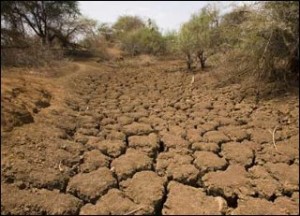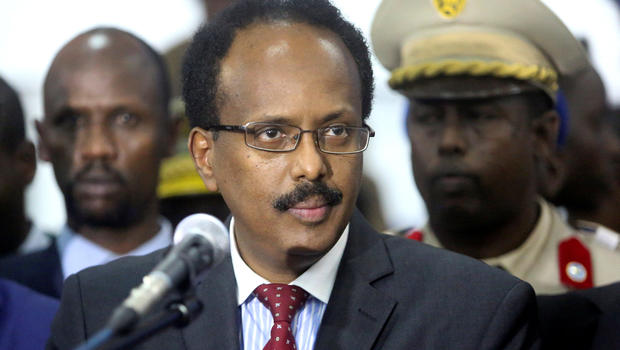By Winifred Bulus
 Canada has pledged $119.25 million in humanitarian backing.
Canada has pledged $119.25 million in humanitarian backing.
The Minister of International Development and La Francophonie, who spoke through the Minister of Immigration, Refugees and Citizenship, Ahmed D. Hussen, said it was in response to the needs of 20 million people starving in Nigeria, Somalia, Yemen and South Sudan.
He said women and children in the crisis affected countries were to benefit from the aid to be provided, adding that there would be provision of food and nutrition, health care services, clean water and sanitation facilities, as well as livelihoods support.
According to Marie-Claude Bibeau, “It is a human tragedy that the situation has deteriorated to the extent where we have over 20 million people facing starvation.
“This assistance will be disbursed immediately to the most affected areas. We urge all actors in the affected countries to facilitate humanitarian access so that assistance can reach those most in need.”
Canada also made a plea to the affected countries to allow humanitarian workers access into the countries.
South Sudan which has been at war since 2013 has blocked humanitarian aid from coming into its territory to help victims.
United Nations (UN) Humanitarian Chief, Stephen O’Brien, recently made an appeal to the world to help fight hunger and starvation which has affected 20 million people in In Nigeria, Yemen, Somalia, and Sudan.
The Humanitarian Chief said, “The situation for people in each country is dire and without a major international response, the situation will get worse.”

 Four-year-old Safia Adan lies in Baidoa Regional Hospital in southern Somalia with a tube through her nose. She is suffering from severe malnutrition and dehydration. At her side her worried grandmother looks up to explain that Safia first became sick after drinking water from the local well.
Four-year-old Safia Adan lies in Baidoa Regional Hospital in southern Somalia with a tube through her nose. She is suffering from severe malnutrition and dehydration. At her side her worried grandmother looks up to explain that Safia first became sick after drinking water from the local well.
 Former Somali Prime Minister Mohamed Abdullahi Farmajo, who holds duals Somali-U.S citizenship, was on Wednesday declared Somali elected President and immediately sworn in.
Former Somali Prime Minister Mohamed Abdullahi Farmajo, who holds duals Somali-U.S citizenship, was on Wednesday declared Somali elected President and immediately sworn in.